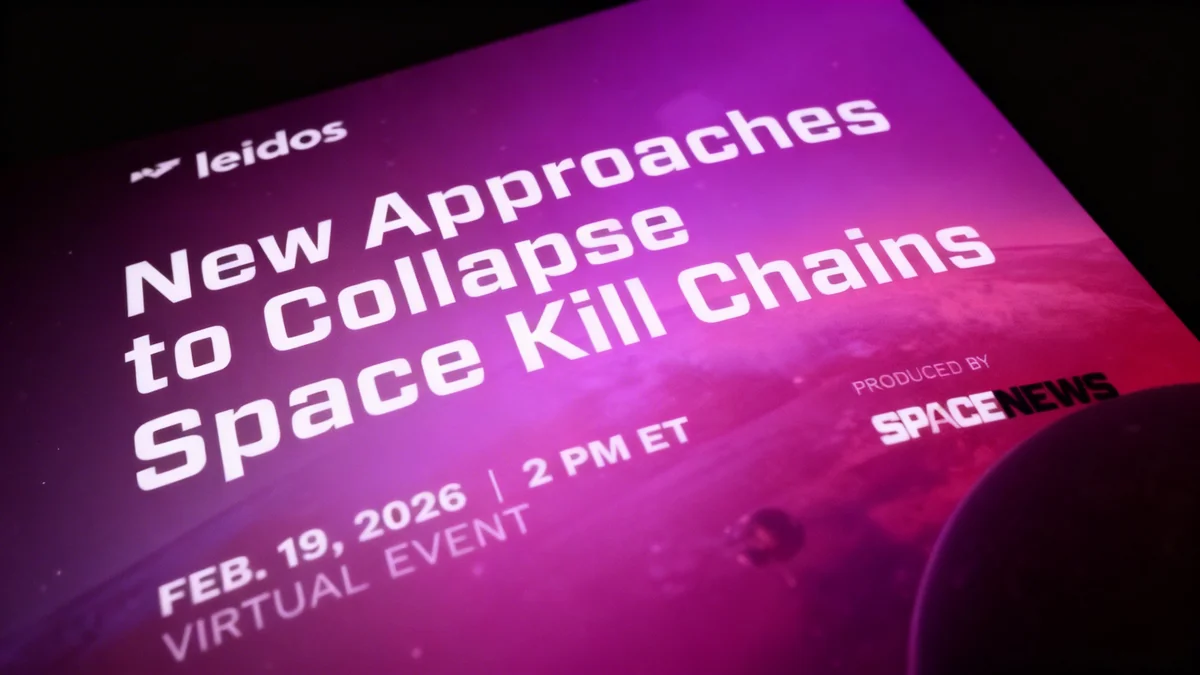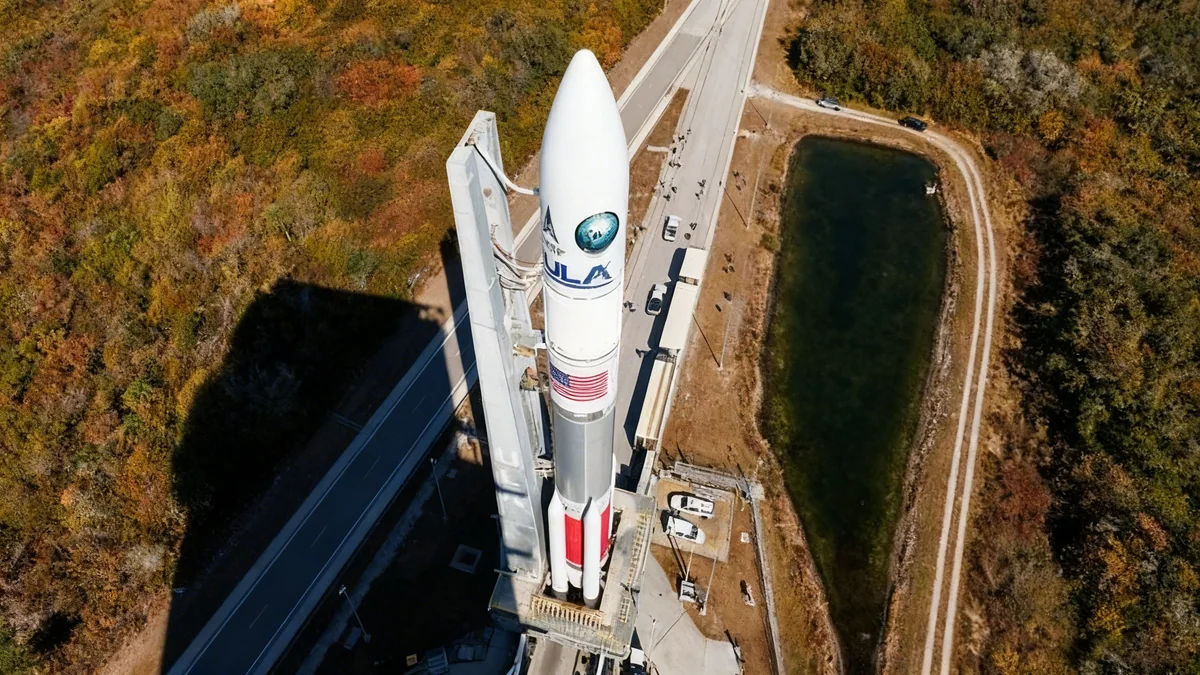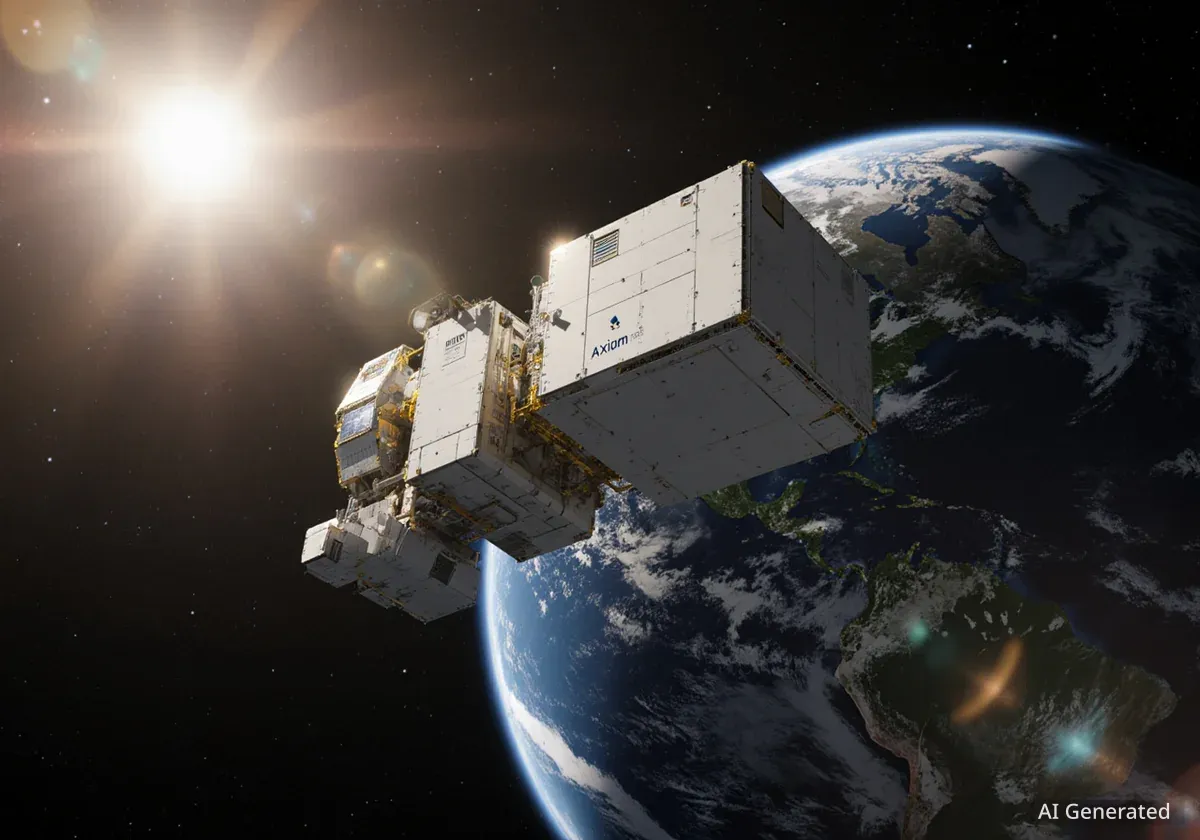Space services company Momentus has announced a new partnership with Swiss startup DPhi Space to launch an innovative in-orbit software testing platform. The mission, slated for early next year, will see DPhi's Clustergate-2 payload hosted on the Momentus Vigoride 7 spacecraft, creating a versatile hub for developers to test applications directly in space.
Key Takeaways
- Momentus will host DPhi Space's Clustergate-2 payload on its Vigoride 7 mission in early 2025.
- The platform will function as an in-orbit computing hub, allowing developers to deploy and test software, code, and AI algorithms in a live space environment.
- This collaboration aims to significantly lower the cost and complexity for companies seeking to gain flight heritage for their software.
- The Clustergate-2 system includes CPU, FPGA, and GPU processing nodes, offering robust computational power for various applications.
A New Frontier for Software Development
The collaboration between California-based Momentus and DPhi Space, founded in Lausanne, Switzerland, marks a significant step toward making space more accessible for software-centric companies. The primary goal is to transform the Vigoride spacecraft into a high-performance computing hub once it reaches orbit.
This initiative will allow customers to upload, test, and refine their software applications without the need to launch their own dedicated hardware. This model dramatically reduces the financial and logistical barriers that have historically limited space-based research and development to large corporations and government agencies.
What is a Hosted Payload?
A hosted payload is a piece of equipment or technology that is carried into space on a commercial or government satellite. Instead of launching a dedicated satellite, a company can 'rent' space on a larger mission, significantly reducing costs. This approach is becoming increasingly popular for testing new technologies, conducting scientific experiments, and establishing flight heritage.
Momentus CEO John Rood highlighted the mission's potential to democratize space technology. "By lowering the barrier to entry, we’re empowering organizations to validate their tech, gain flight heritage, and play an active role in shaping the space economy," Rood stated. He added that the company expects this service to open up a new market segment and create additional revenue streams from future missions.
How Clustergate-2 Works
The Clustergate-2 platform is engineered to be a flexible and powerful tool for in-orbit development. It will enable developers on Earth to push code directly to the Vigoride spacecraft during its mission.
The system is designed to handle a variety of software payloads. Customers can sign up before the mission launches or even after the Clustergate-2 platform is operational in orbit. This flexibility allows for continuous iteration and testing of code, software, and artificial intelligence algorithms throughout the mission's lifecycle.
"The Clustergate-2 mission focuses on software payloads to enable the deployment and operation of software applications throughout the mission lifecycle, unlocking new opportunities for real-time and autonomous data processing from orbit."
Technically, the payload features a combination of processing power to meet diverse needs. It includes CPU, FPGA, and GPU nodes that are directly linked to the Vigoride spacecraft's sensor and telemetry data. This integration allows developers to test their applications with real-time data from the space environment.
Technical Specifications
- Processing Power: Equipped with CPU, FPGA, and GPU nodes.
- Data Integration: Linked to Vigoride's live sensor and telemetry data.
- Mission: Hosted on the Momentus Vigoride 7 spacecraft.
- Launch: Scheduled for early 2025.
Potential Applications and Market Impact
The capabilities offered by this partnership could unlock a wide range of new applications. For instance, developers could test and deploy algorithms for autonomous satellite operations, improving efficiency and responsiveness without direct human control. Another key area is environmental monitoring, where new software could process satellite imagery in real-time to track changes on Earth's surface.
The vision is ambitious: to create an environment where any developer can deploy code to space as easily as they might deploy it to a cloud server on Earth. This could foster a new wave of innovation from startups and academic institutions that were previously priced out of the space market.
DPhi Space is a relatively new player, founded in 2024, but it has already achieved spaceflight heritage. Its first platform, Clustergate-1, was successfully launched into orbit in March aboard a SpaceX Falcon 9 rideshare mission. This new partnership with Momentus represents a significant expansion of its in-orbit services.
Momentus' Growing Customer Base
This agreement with DPhi Space is part of a broader strategy by Momentus to establish itself as a key provider of in-space infrastructure and transportation services. The company's Vigoride spacecraft is designed to be a versatile platform capable of hosting multiple payloads and deploying satellites to custom orbits.
The manifest for upcoming Vigoride flights already includes a diverse roster of clients, demonstrating growing confidence in the company's technology. High-profile customers such as NASA and Orbit Fab have signed on for future missions. The list also includes innovative companies like Portal Space Systems, Pulsar Fusion, and Solstar Space, each looking to advance their own technologies in the unique environment of space.
By adding a dedicated software testing hub through the DPhi partnership, Momentus is not just transporting hardware but is also building a comprehensive ecosystem for in-space development and operations. This move positions the company to capture a growing segment of the space economy focused on data, software, and services rather than just satellite hardware.





